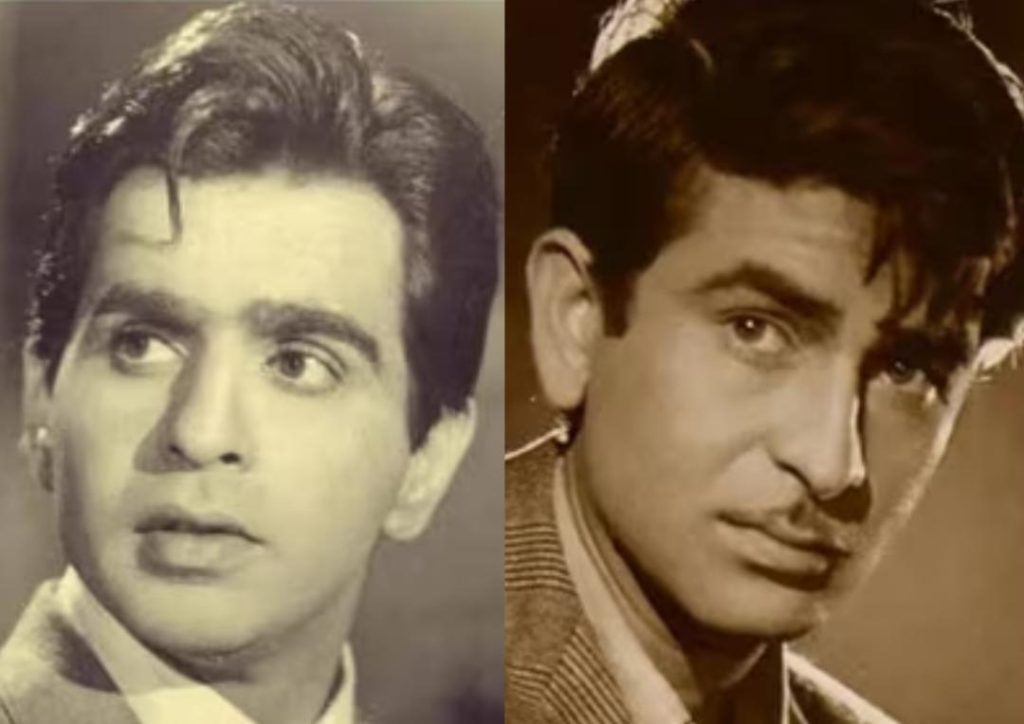
Dilip Kumar & Raj Kapoor’s Homes in Pak to be Turned into Museums
In a significant move to preserve the cultural heritage of Pakistan, the Director of Archaeology, Dr Abdul Samad, has announced that the ancestral homes of legendary actors Dilip Kumar and Raj Kapoor in Peshawar will be renovated and turned into museums. The construction is expected to take place over the next two years, with an estimated cost of ₹7 crore (approximately $9.5 million USD).
The Khyber Pakhtunkhwa government’s initiative aims to transform these cultural landmarks into focal points for tourists, allowing visitors to get a glimpse into the lives of two of India’s most iconic film personalities. The move is seen as a testament to the rich cultural exchange between India and Pakistan, and a celebration of the enduring legacy of these two cinematic giants.
Dilip Kumar, also known as the “Tragedy King” of Bollywood, was born as Muhammad Yusuf Khan in Peshawar in 1922. He is widely regarded as one of the greatest actors in Indian cinema, with a career spanning over six decades. His filmography includes classics such as “Andaz”, “Mughal-e-Azam”, “Ganga Jamuna”, and “Kohinoor”. Kumar’s ancestral home, located in the heart of Peshawar, will be converted into a museum that showcases his life and career.
Raj Kapoor, on the other hand, was a pioneering filmmaker and actor who is often referred to as the “Showman of Indian cinema”. Born in 1924 in Peshawar, Kapoor is best known for his iconic films such as “Awara”, “Shree 420”, “Mera Naam Joker”, and “Bobby”. His ancestral home, also located in Peshawar, will be transformed into a museum that highlights his contributions to Indian cinema.
The renovation process will include the restoration of the buildings, as well as the creation of exhibits that showcase the lives and careers of Dilip Kumar and Raj Kapoor. The museums will also feature memorabilia, photographs, and other artifacts that highlight the cultural and cinematic significance of these two icons.
The Khyber Pakhtunkhwa government’s decision to turn these ancestral homes into museums is seen as a step towards preserving the cultural heritage of Pakistan. It is also an acknowledgment of the significant contributions made by Dilip Kumar and Raj Kapoor to Indian cinema, as well as the cultural exchange between the two countries.
In a statement, Dr Abdul Samad, Director of Archaeology, said, “The construction of these museums will not only preserve the cultural heritage of Pakistan but also promote tourism in the region. We hope that these museums will become a symbol of peace and cultural understanding between India and Pakistan.”
The renovation of these museums is expected to be completed over the next two years, with the estimated cost of ₹7 crore. The project is being undertaken by the Khyber Pakhtunkhwa government in collaboration with the Pakistan government’s cultural institutions.
The decision to turn Dilip Kumar’s and Raj Kapoor’s ancestral homes into museums is a significant step towards promoting cultural exchange and understanding between India and Pakistan. It is a testament to the enduring legacy of these two cinematic giants, and a celebration of the rich cultural heritage that unites the two countries.






